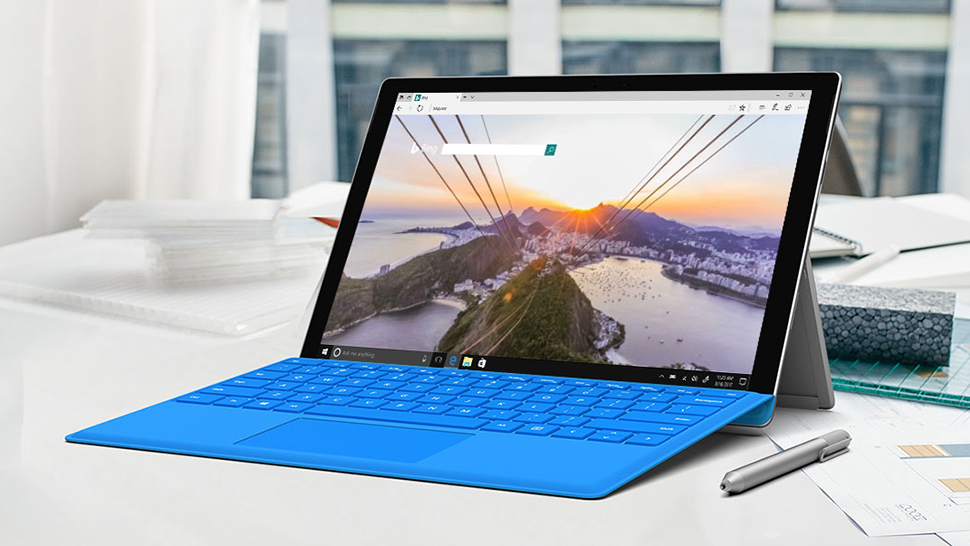Chromium-based Edge for macOS could arrive sooner than you think
Could we even see a reveal at Microsoft Build in May?

Sign up for breaking news, reviews, opinion, top tech deals, and more.
You are now subscribed
Your newsletter sign-up was successful
Microsoft has previously said that it expects to bring the new Chromium-powered version of Edge to other platforms outside of Windows, specifically mentioning the Mac, and freshly unearthed evidence indicates the browser will indeed be arriving on macOS – and possibly relatively soon.
This comes from a German tech website, Windows United, which was running Chromium-based Edge on Windows Server 2016, and received a message that the platform is not supported – with a clarification that the browser only currently supports Windows 10 version 1709 or better, and macOS 10.12 or newer.

So assuming this grab is legit, that would seem to suggest support for the Mac is now inbound, with macOS Sierra being the cut-off point (the version of Apple’s desktop operating system which was released in 2016).
- These are the best Chrome VPN extensions
- How good is Chrome really?
- Problems with Google’s browser? Here’s how to fix Chrome
Windows United further speculates that Windows 7 or 8 aren’t even mentioned in the pop-up warning message, which could mean that support for macOS could go live even before those older versions of Microsoft’s OS – although that seems a bit of a stretch, perhaps.
That said, we could easily take this as an indication that Chromium-based Edge will be arriving on macOS in the near future. And seeing as Microsoft Build isn’t too far away, taking place in Seattle come May, perhaps we might see an initial reveal of the browser for the Mac at that developer conference? That could be an ideal opportunity for Microsoft to underline just how ‘open’ it will be with the new browser.
Broader browser
Whatever happens, this seems to back up Joe Belfiore’s assertion in a December 2018 blog post that Microsoft intends to bring this new version of Edge not just to Windows 10, but to all supported versions of Windows (meaning Windows 7 and 8), and to “other platforms like macOS”.
Belfiore promised that Microsoft would evolve the code for the browser on a broader level, to be available on as many devices as possible, while still maintaining all the benefits of having a close integration with the Windows operating system.
Sign up for breaking news, reviews, opinion, top tech deals, and more.
Of course, that’s a very different stance to the original Edge, which was made exclusive to Windows 10, and wasn’t even available to those on other versions of Windows.
There are clear advantages for Microsoft in switching its browser to be based on the Chromium engine, not the least of which is a raft of Chrome extensions being available right off-the-bat, and better stability and overall compatibility with websites, which is where the original Edge struggled.
The counter-argument is that Microsoft throwing its lot in with Google is effectively giving the latter even more of a monopoly on the web, although to be honest, standalone Edge had made little impact anyway (and indeed had started to go backwards in terms of adoption as last year drew on).
If you want to know what all the fuss is about, preview builds of Chromium-based Edge are now available to download for Windows 10, so you can go ahead and give it a spin – but as ever with early work-in-progress software, expect a few bugs.
- Surf the web on one of our best laptops of 2019
Via The Register
Darren is a freelancer writing news and features for TechRadar (and occasionally T3) across a broad range of computing topics including CPUs, GPUs, various other hardware, VPNs, antivirus and more. He has written about tech for the best part of three decades, and writes books in his spare time (his debut novel - 'I Know What You Did Last Supper' - was published by Hachette UK in 2013).